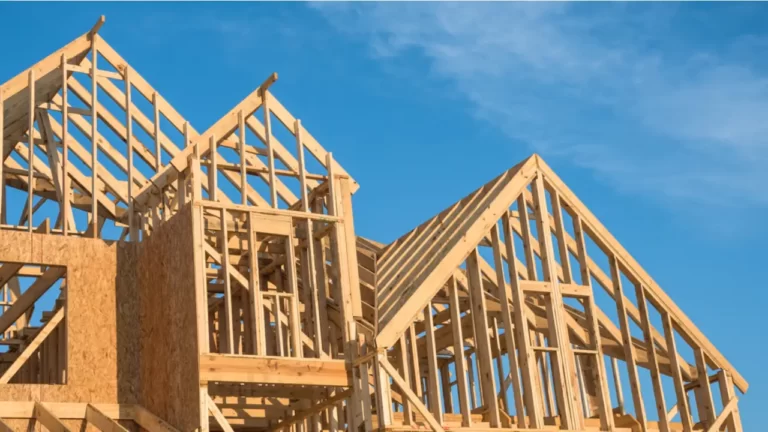A cash-out refinance is a popular way to access the equity in your home by refinancing your current mortgage for a higher amount than you currently owe and receiving the difference in cash. This extra cash can be used for various purposes, such as home improvements, debt consolidation, or other financial needs. However, to qualify for a cash-out refinance, you must meet certain requirements, including a minimum credit score. In this article, we’ll discuss what credit score is needed to do a cash-out refinance and how it affects the approval process.
Credit Score Requirements for a Cash-Out Refinance
To qualify for a cash-out refinance, lenders typically require a minimum credit score of 620 or higher. However, some lenders may require a higher credit score, such as 640 or 660, depending on their underwriting guidelines and the loan-to-value (LTV) ratio.
The LTV ratio is the percentage of the appraised value of the home that the borrower wants to borrow. For example, if the appraised value of the home is $300,000, and the borrower wants to borrow $225,000, the LTV ratio would be 75%. The higher the LTV ratio, the riskier the loan is for the lender, which is why they may require a higher credit score.
Credit score is just one of the factors that lenders consider when evaluating your application for a cash-out refinance. They will also look at your debt-to-income (DTI) ratio, which compares your monthly debt payments to your gross monthly income. The lower your DTI ratio, the better your chances of approval. Lenders also consider your employment history, income stability, and other financial factors.
How Credit Score Affects the Interest Rate
Your credit score also affects the interest rate you will receive on your cash-out refinance. Generally, the higher your credit score, the lower your interest rate will be. This is because a higher credit score indicates that you are a lower-risk borrower and more likely to repay the loan on time.
For example, if your credit score is 620, you may receive an interest rate of 4.5% on your cash-out refinance, while someone with a credit score of 760 may receive an interest rate of 3.25%. Over the life of the loan, this difference in interest rate can add up to thousands of dollars in savings.
Improving Your Credit Score
If your credit score is below the minimum requirement for a cash-out refinance, there are steps you can take to improve it. Start by checking your credit report for errors and disputing any inaccuracies. You can also work on paying down your debts to lower your DTI ratio and make sure to pay all of your bills on time.
It’s important to note that improving your credit score takes time, so it’s not something that can be done overnight. However, even a small improvement in your credit score can help you qualify for a better interest rate and save you money over the life of your loan.
Conclusion
In summary, to do a cash-out refinance, you will need a minimum credit score of 620 or higher. However, some lenders may require a higher credit score depending on their underwriting guidelines and the loan-to-value ratio. Your credit score also affects the interest rate you will receive on your cash-out refinance, with a higher credit score generally resulting in a lower interest rate. If your credit score is below the minimum requirement, take steps to improve it before applying for a cash-out refinance to increase your chances of approval and secure a better interest rate.
To ensure your middle credit score is strong allowing you to position yourself to avoid a lender’s high fees and rates check with Middle Credit Score® and position yourself with a strong middle credit score prior to accepting a lender’s high fees, points, and rates due to their guidelines.







